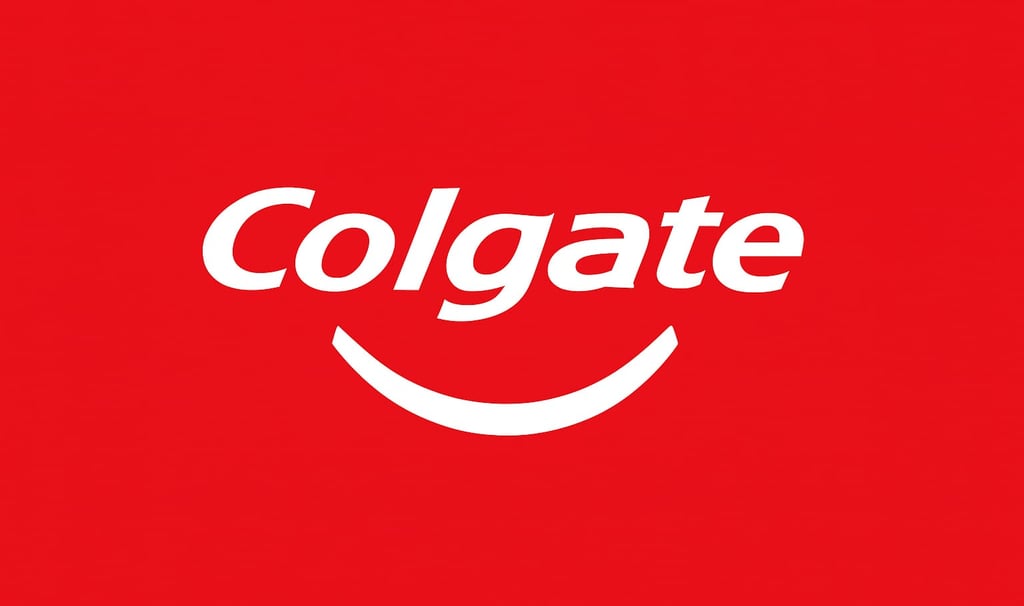Colgate-Palmolive Lowers Annual Sales Forecast Amid Weak Consumer Demand
Colgate-Palmolive cuts its 2025 sales forecast as weak consumer demand and rising costs pressure profits. Global economic slowdown hits FMCG sector.
Raja Awais Ali
10/31/20251 min read


Colgate-Palmolive Lowers Annual Sales Forecast as Consumer Demand Weakens
Global consumer goods giant Colgate-Palmolive has reduced its annual sales forecast, citing weakening consumer demand and increasing raw material costs that have weighed on its financial performance. The company revealed that despite price hikes across product lines, sales volumes declined, signaling cautious consumer spending amid global inflationary pressure.
In the third quarter, Colgate-Palmolive reported a 2.3% increase in product prices, yet its overall sales volume dropped 1.9%, impacting total revenue. Rising expenses for raw materials, logistics, and packaging are expected to add nearly $75 million in costs this fiscal year, reducing profitability.
According to company executives, consumers worldwide are cutting back on discretionary items, prioritizing essentials, and shifting toward lower-cost alternatives. In response, Colgate-Palmolive has expanded its marketing and advertising campaigns to retain market share and brand loyalty amid growing competition.
The company has revised its organic sales growth outlook from the previous range of 2%–4% to a more conservative 1%–2%. Its gross profit margin also contracted by 190 basis points, now standing at 59.4%, due to escalating production and packaging expenses.
Despite the challenges, Colgate-Palmolive’s third-quarter results slightly beat analyst expectations. The company reported net sales of $5.13 billion and adjusted earnings per share of $0.91, demonstrating operational resilience despite market headwinds.
Market analysts attribute this cautious forecast to global economic slowdowns, persistent inflation, and declining consumer purchasing power. These trends have negatively impacted the broader fast-moving consumer goods (FMCG) sector, where even premium brands struggle to maintain consistent sales growth amid rising prices.
While Colgate-Palmolive’s profitability has not seen a dramatic short-term decline, the company’s long-term performance will depend on effective cost control, innovation in product lines, and strategic marketing efforts to maintain customer trust and competitiveness.
In today’s economic environment, where consumers demand affordability without compromising quality, companies like Colgate-Palmolive must continuously adapt. This downward revision serves as a reminder that even the world’s strongest consumer brands are not immune to global market volatility and changing consumer behavior.
Stay informed with the latest national and international news.
© 2025. All rights reserved.